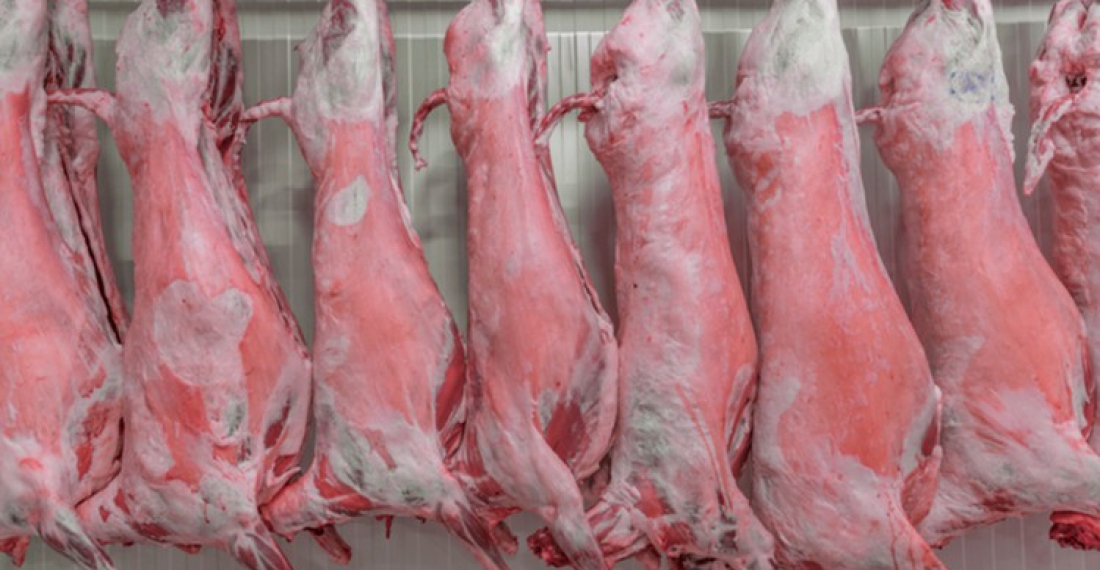In a recent controversial decision, the European Court of Justice has upheld a ban on kosher and halal slaughter in Belgium.
Belgium's top court had called on the ECJ to determine whether the ban on kosher and halal slaughter — i.e. without stunning the animal — is compatible with the Charter of Fundamental Rights of the EU and its enshrined principle of religious freedom. The bloc's top court ruled the ban legal, dealing a blow to pious Jews and Muslims across Europe.
Deutche Welle's religions affairs expert Christoph Strack in a comment for the German public broadcaster said that for decades, there have been heated political discussions in Europe over whether to outlaw ritual slaughters. Several courts have ruled on the issue as well — including in Germany. Within the past 20 years, Germany's constitutional court often examined the issue, reaching wise verdicts in favor of religious freedom. The court has upheld the ban on stun-free slaughter — but with exceptions that may apply for those who, for religious reasons, say they can only consume kosher or halal meat. This right, therefore, applies to Jews and Muslims alike, as this is a question of religious freedom broadly speaking.
Strack argues that "we should be able to tolerate people's religious practices. In this instance, animal welfare advocates are at loggerheads with religious representatives. Germany's top court, which has ruled on the issue, imposed strict limitations on ritual slaughters. It allows certain exceptions that allow religious people to be able to continue practicing their faith in Germany."
Bans on such forms of animal slaughter in Belgium, and elsewhere, arose over debates over the way Islam is practiced in Europe. Individuals sought to impose tighter rules on Islam on the continent — yet also hit Europe's Jews.
Muslim and Jewish representatives joined forces in challenging the Belgian ban in court. And several months ago, Pinchas Goldschmidt of the Conference of European Rabbis (CER) and Muhammad bin Abdul Karim Issa of the Muslim World League even published a joint letter — replete with a joint letterhead — on the issue.
Strack says that "back then, Jewish leaders were worried that if EU judges upheld the Belgian ban on kosher slaughter, other countries could follow suit. They projected that this would compel thousands of Jews to leave Europe. Now, the ECJ has spoken on the matter. This is a very sad, indeed fateful, day for religious freedom in Europe."
source: commonspace.eu with Deutche Welle (Cologne)






